Sharing Knowledge within development teams in Azure DevOps
Sharing acquired knowledge within development teams in Azure DevOps can improve collaboration, boost productivity, and ensure that all team members have access to valuable insights, best practices, and lessons learned. Azure DevOps provides several built-in tools and practices to facilitate knowledge sharing.
Here are some strategies for effectively sharing knowledge within your development teams using Azure DevOps.
1. Use Azure DevOps Wiki
The Azure DevOps Wiki is an excellent place to store and share documentation. It's a collaborative space where you can write and update technical documents, process guidelines, and lessons learned.
Best Practices: Document coding standards, architecture decisions, and troubleshooting steps.
How to use:
Navigate to the Wiki section of your project in Azure DevOps.
Create pages for specific topics, such as coding practices, build pipelines, or user stories.
Use links, tables, and images to enhance the clarity of the content.
Allow team members to contribute, comment, and edit pages.
2. Azure DevOps Boards for Knowledge Sharing
Azure Boards is a great tool for tracking work items, user stories, bugs, and tasks.
It can be leveraged for knowledge sharing through the following methods:
Work Item Templates:
Create templates for tasks that are frequently done, ensuring that all necessary information is included when creating new work items. For example, you can have templates for bug fixes, feature requests, or code reviews that contain standardized checklists, guidelines, and suggestions for tackling the work.
Discussion Threads:
Use the discussion feature within Work Items to document important decisions, roadblocks, or insights from team discussions.
3. Azure DevOps Pipelines and Templates
If your team is working on multiple projects or has complex CI/CD pipelines, sharing knowledge about how pipelines are set up can be valuable.
Pipeline Templates:
Create and share pipeline templates to avoid reinventing the wheel for each new project. For example, a template for building a specific type of application (e.g., .NET Core, Node.js, etc.) can be reused by other teams.
Pipeline Documentation:
In your build and release pipelines, include comments or steps that explain why certain tasks are performed, especially if they address common problems or best practices.
4. Azure DevOps Repositories for Code Sharing
The Repositories section in Azure DevOps can be used not only for code but also for knowledge sharing.
Code Comments and Documentation:
Encourage developers to write descriptive comments in code, explaining design choices, algorithms, and why specific solutions were used. This can be done in conjunction with pull requests (PRs), where team members can leave comments and suggestions.
Sharing Snippets:
Use tools like Azure DevOps Repos to store and share common code snippets, templates, and libraries that can be reused across different projects.
5. Azure DevOps Dashboards for Team Insights
Dashboards in Azure DevOps provide a customizable way to present team-wide metrics, progress, and insights. You can use them to share and track knowledge around team performance.
Custom Dashboards:
Create dashboards that display important project metrics, such as:
Code quality reports (e.g., from SonarQube or other analysis tools).
Build and release pipeline statuses.
Open issues and backlogs.
This helps to keep everyone on the same page and identify areas for improvement.
6. Azure DevOps Integrations with Microsoft Teams or Slack
Azure DevOps integrates well with Microsoft Teams or Slack, which can be used as communication platforms for real-time knowledge sharing.
Notifications: Set up notifications for pipeline status changes, work item updates, or pull requests.
Chat Channels: Create dedicated channels for specific topics (e.g., coding best practices, troubleshooting, or architecture) and integrate Azure DevOps to share updates and discussions automatically.
Bots: Use bots to automate knowledge sharing processes. For example, bots could automatically share new documentation or highlight recent commits and discussions.
7. Azure DevOps Policies for Code Reviews
Code reviews are an excellent way to share knowledge and improve the overall quality of code. Azure DevOps provides policies that help enforce code review best practices.
Mandatory Code Reviews:
Set policies to require at least one reviewer for pull requests, ensuring that knowledge is shared across the team.
Checklists in PRs:
Use PR templates with embedded checklists to guide developers through the review process, ensuring that common practices and lessons are adhered to during reviews.
8. Team Retrospectives and Knowledge Sharing Sessions
Although not a built-in Azure DevOps feature, setting up regular retrospective meetings or knowledge-sharing sessions using Azure DevOps can be highly effective.
Azure DevOps Wiki or Boards for Retrospective Notes:
Document key points from retrospectives or lessons learned during sprints. These notes can be stored in the Wiki or as work items.
Use Azure DevOps for Task Management:
If there are specific tasks identified during retrospectives (e.g., improving unit tests, enhancing CI/CD pipelines, addressing technical debt), create actionable work items in Azure Boards.
9. Shared Access to Azure DevOps Project Resources
Encourage your team members to leverage Azure DevOps Resources such as:
Libraries:
Create a shared library for build and release variables, YAML templates, and scripts.
Service Connections:
Document the service connections that your team uses for deploying to cloud platforms, so everyone understands where to find and how to use these shared resources.
10. Training and Knowledge Sharing Repositories
Set up a training repository where team members can upload useful resources such as:
Learning materials (e.g., tutorials, e-books, or articles).
Links to relevant external resources.
How-to guides for setting up local environments, configuring tools, etc.
11. Automated Documentation Generation
Use tools that integrate with Azure DevOps to automatically generate documentation from code and work items.
For example:
Swagger/OpenAPI documentation for APIs.
Automatically generated documentation for class libraries.
Azure DevOps REST APIs to generate reports and insights about project status and progress.
Summary
Azure DevOps offers a variety of tools and features that can help share knowledge across development teams. By using the Wiki, Boards, Repositories, and Pipelines, along with integrations with tools like Microsoft Teams, you can create a culture of continuous learning and knowledge sharing within your team.
By leveraging documentation, templates, and discussion threads, your team can collaborate more effectively, avoid reinventing the wheel, and ensure consistency across projects.




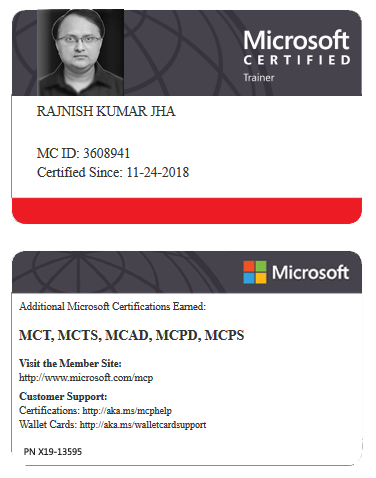
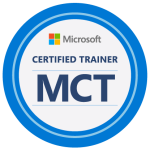
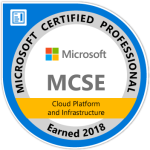
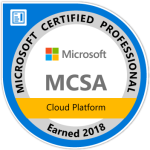

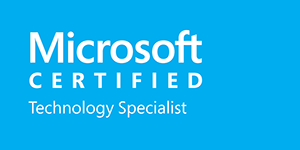

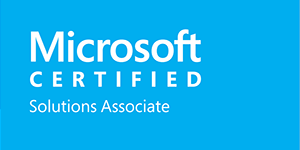
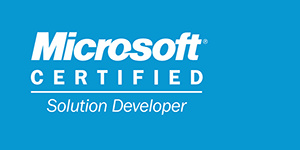


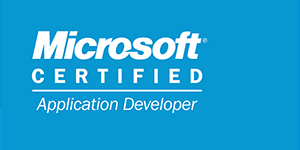
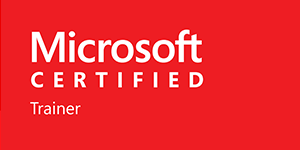





Leave a Reply